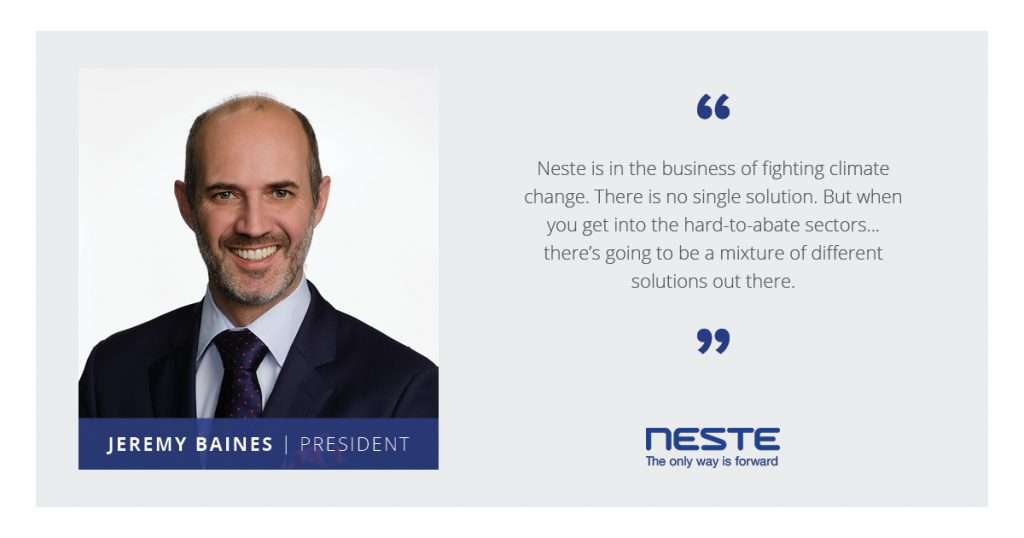2020 was a year of turmoil in so many ways, and also the year that the phrase ESG (environmental, social and corporate governance) started to become a household term. Different from its acronymic sister CSR (Corporate Social Responsibility), ESG is a guiding light by which a brand runs its business with accountability to specific metrics. Sound too Pollyannaish for a business laser-focused on the bottom line? Think again. Boards and investors use ESG performance as a way to evaluate their choices. In the past two years, ESG investing has increased by $3.5 trillion and it has become a widely accepted belief that paying attention to environmental, social and governance issues now will help build greater business resilience in the future. Simply put, higher ESG ratings equate to higher returns and lower risk, and brands with high ESG rankings now outperform the S&P. From a reputation management POV, operating with a strong ESG backbone is the start of a good crisis plan, with many corporate scandals/CEO resignations typing back to a key flaw in these principles.
In honor of Earth Day on April 22, let’s focus on one letter in the equation – the E in ESG. As rbb’s partner in charge of energy and natural resources, I’ll be taking a deep dive into three brands that have established strong ESG propositions by focusing on the environment and innovative solutions to fight climate change. Not only are these brands impressive in their own right, but we’re also proud to call them #rbbclients.
Part One:
If you’re in North America, you may not have yet heard of the Finnish company Neste, but if rbb has anything to say about it – that’s about to change. Neste is a fantastic example of a brand that became purpose-driven, in every sense of its operations, to achieve its ESG vision.
Fifteen years ago, Neste was an oil company faced with being known as the hatching “Black Swan” of climate change. Calls for governments and businesses to make changes to create a healthier and more sustainable future for our children were growing. In response, Neste switched its entire business model. Its focus became making renewable products that empower customers to achieve climate targets and accelerate the phase-out of fossil fuels.
Today, Neste is a leading provider of renewable and circular solutions, particularly renewable diesel options for planes, trains and automobiles. Big rigs, airplanes, cement mixers, emergency response vehicles, and tractors account for a growing share of emissions and pollution, yet our quality of life depends on them – from same-day delivery to rebounding leisure travel to new, modern buildings. Different from many traditional passenger cars, these types of vehicles are hard to electrify, and would cost businesses billions to update their fleets, not to mention it would take time – time that climate change is not willing to wait for.

From sustainable aviation fuel powering both commercial and passenger flights, to municipal buses and commercial trucks, Neste’s renewable fuels transform vehicles so they help fight, not contribute to, climate change. The best part is that these renewable fuels can be used immediately with no modifications to existing engines or investment in new equipment. The results speak for themselves – Neste’s renewable fuels prevented nearly 40 million tons of CO2 from entering the atmosphere over the past five years.

So where does this miraculous renewable fuel come from? Often from the kitchen of your favorite restaurant, if you can believe it. Here’s how Neste’s innovative Circular Economy Model works in Oakland, California:
- Neste’s partners work with hundreds of local restaurants and national chains, like Buffalo Wild Wings, to gather their used cooking oil and process it into renewable fuels.
- The processed fuel is then returned to power Oakland’s garbage trucks, street sweepers, emergency service fleets and generators.
- The circle is complete when waste becomes a resource. In Oakland each year, this pioneering circular economy helps the City of Oakland prevent 3,375 metric tons of greenhouse gas emissions from entering the atmosphere – the equivalent to planting nearly 56,000 trees or taking 780 cars off the road.

rbb is privileged to help Neste reach stakeholders that can help meet the company’s goal to meet carbon neutral production by 2035 and reduce greenhouse gases by at least 20 million tons annually by 2030. Want to learn more about how this company used a revolutionary change in business operations to increase its presence in North America (with a little help from rbb, of course)? Read about them here, here and here.
